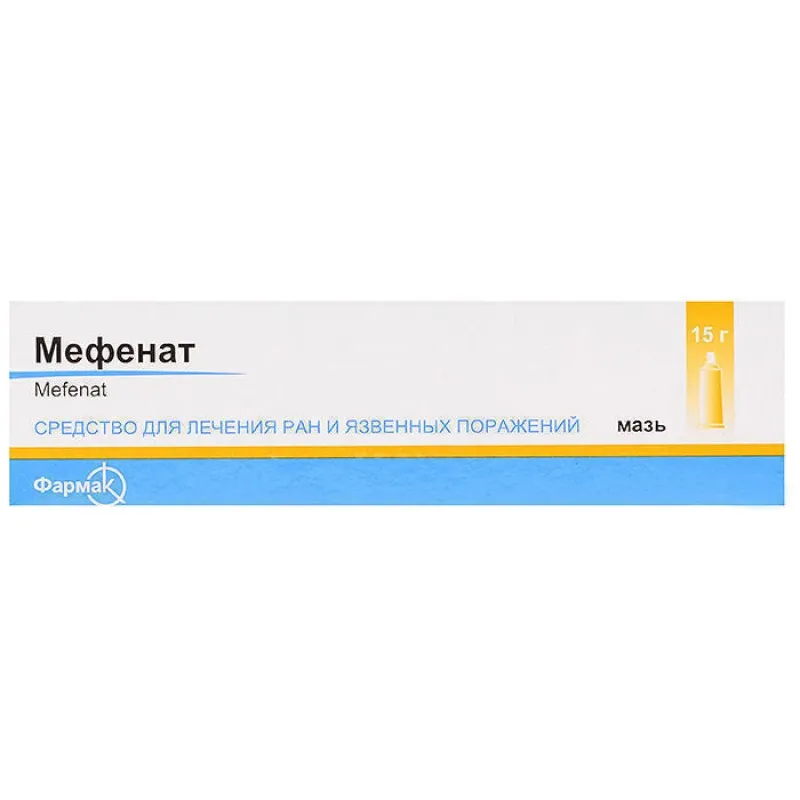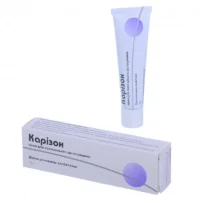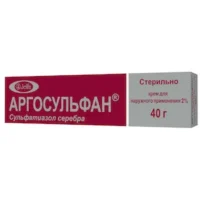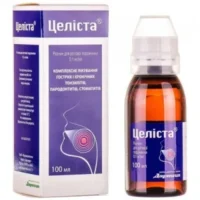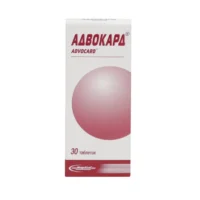Description
Mefenat Ointment
Ingredients:
- Each 15 g tube contains Methenamine Sodium Salt and Vinilin as active ingredients.
Dosage:
- Apply a thin layer of the ointment to the affected area 2-3 times a day or as directed by a healthcare professional.
Indications:
- Mefenat ointment is indicated for the treatment of skin infections, minor cuts, and burns.
Contraindications:
- Do not use Mefenat ointment if you are allergic to any of the ingredients. Consult a doctor before use if pregnant or breastfeeding.
Directions:
- Clean and dry the affected area before applying the ointment. Wash hands after application.
Scientific Evidence:
- Studies have shown that the active ingredients in Mefenat ointment have antimicrobial properties that help in the treatment of various skin infections. Methenamine sodium salt acts by releasing formaldehyde in an acidic environment, which has bactericidal effects. Vinilin promotes wound healing and has antiseptic properties.
Additional Information:
- Mefenat ointment has been clinically proven to effectively treat minor skin infections and promote wound healing. It is a safe and well-tolerated topical treatment option for various dermatological conditions. Research studies have demonstrated its efficacy in reducing the risk of secondary infections in minor wounds and burns.
- Its unique combination of active ingredients makes it a valuable addition to any first aid kit or dermatological practice.

